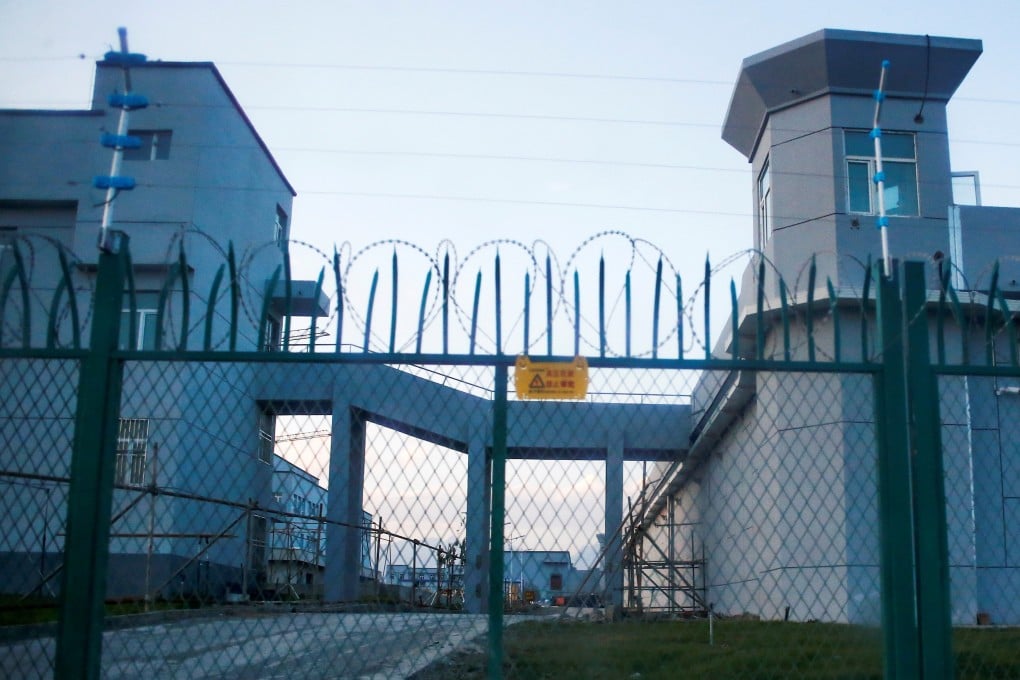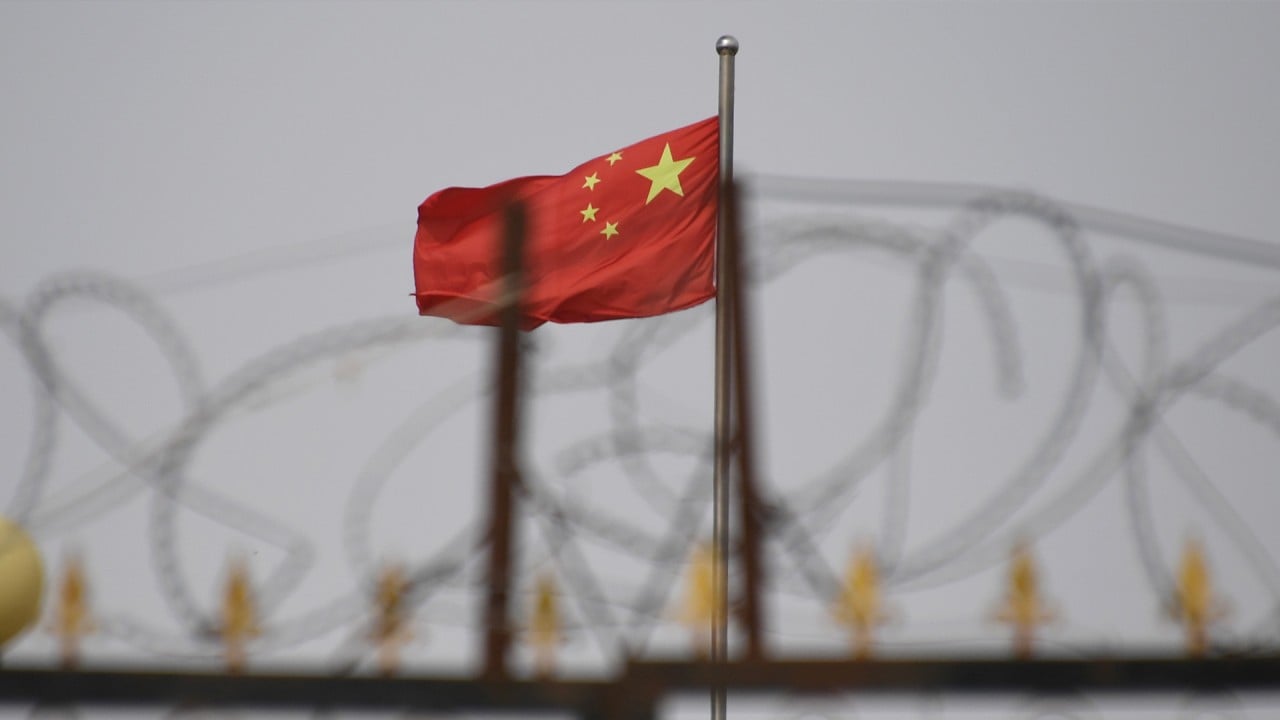Editorial | Sanctions are not the answer to solving the issue of Xinjiang
- Disputes between China and Western nations over alleged human rights abuses in the restive region can be resolved only if both sides recognise the other’s concerns

The European Union has imposed sanctions on China for the first time in nearly 32 years, less than three months after the two toasted an agreement on the principles of an investment pact. Beijing responded swiftly with its own sanctions against European individuals and organisations.
Brussels was soon to be joined by the United States, Britain and Canada with their own sanctions against Chinese officials and entities. They all cited human rights abuses in Xinjiang for banding together.
However, the respective sanctions imposed by the US and its allies and Europe do not conform.
The EU targeted only middle-ranking officials, while the US-led group aimed higher, including a Politburo member identified with Xinjiang policy. The reason for the discrepancy is not clear. But it prompted speculation that Brussels was seeking parliamentary support from critics of the investment deal with China.

03:36
Beijing hits back at Western sanctions against China’s alleged treatment of Uygur Muslims
Nonetheless the collective sanctions represent an escalation in tensions with Beijing and reflect US President Joe Biden’s plan to form alliances to deal with an increasingly assertive China.

